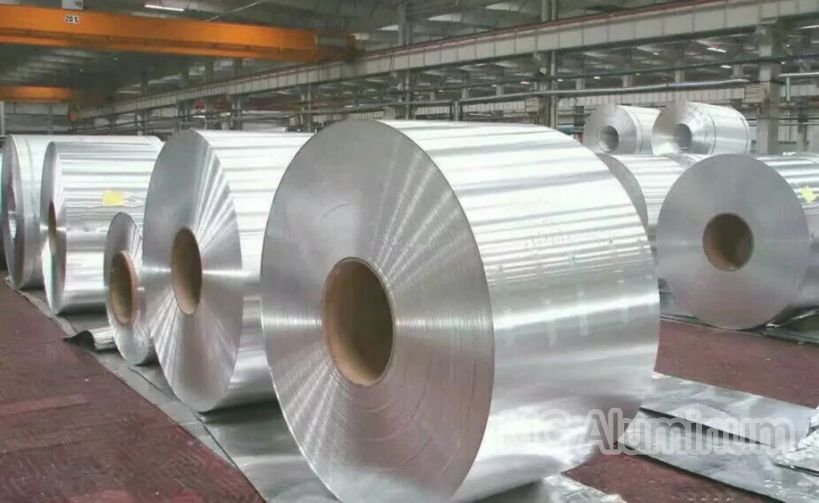The main constituent materials of lithium-ion batteries include electrolyte, separator materials, positive and negative electrode materials, etc. The positive electrode includes a current collector composed of aluminum foil and lithium cobaltate or lithium iron phosphate. At present, general battery foil products generally require a strength of ≧180Mpa, and it is pure aluminum alloy, which means that battery foil is a product that has extremely strict requirements on the base material of aluminum foil, and battery foil requires the thinnest thickness and highest strength. , the highest surface dyne value, the smallest thickness difference, the best plate shape, and the cleanest surface.
Battery foil has the advantages of high electrical conductivity, thermal conductivity, excellent corrosion resistance, excellent ductility, and long service life. It gradually replaces traditional battery copper foil. Battery foil plays a key role in the battery industry and has a good development prospect.

Common battery foil alloy models for lithium batteries include: 1060 aluminum foil, 1235 aluminum foil, 8021 aluminum foil, etc. The alloy states mainly include O, H18, the thickness range is 0.018-0.4mm, and the width range is 100-1600mm. It can be customized according to customer needs to meet customer needs. Individual needs.
The 8021 aluminum foil, 1235 aluminum foil and 1060 aluminum foil produced by MC Aluminum are widely used on aluminum foil for lithium-ion batteries. The products are exported to many overseas countries, and the after-sales service is guaranteed. You are welcome to contact us by email at any time.
